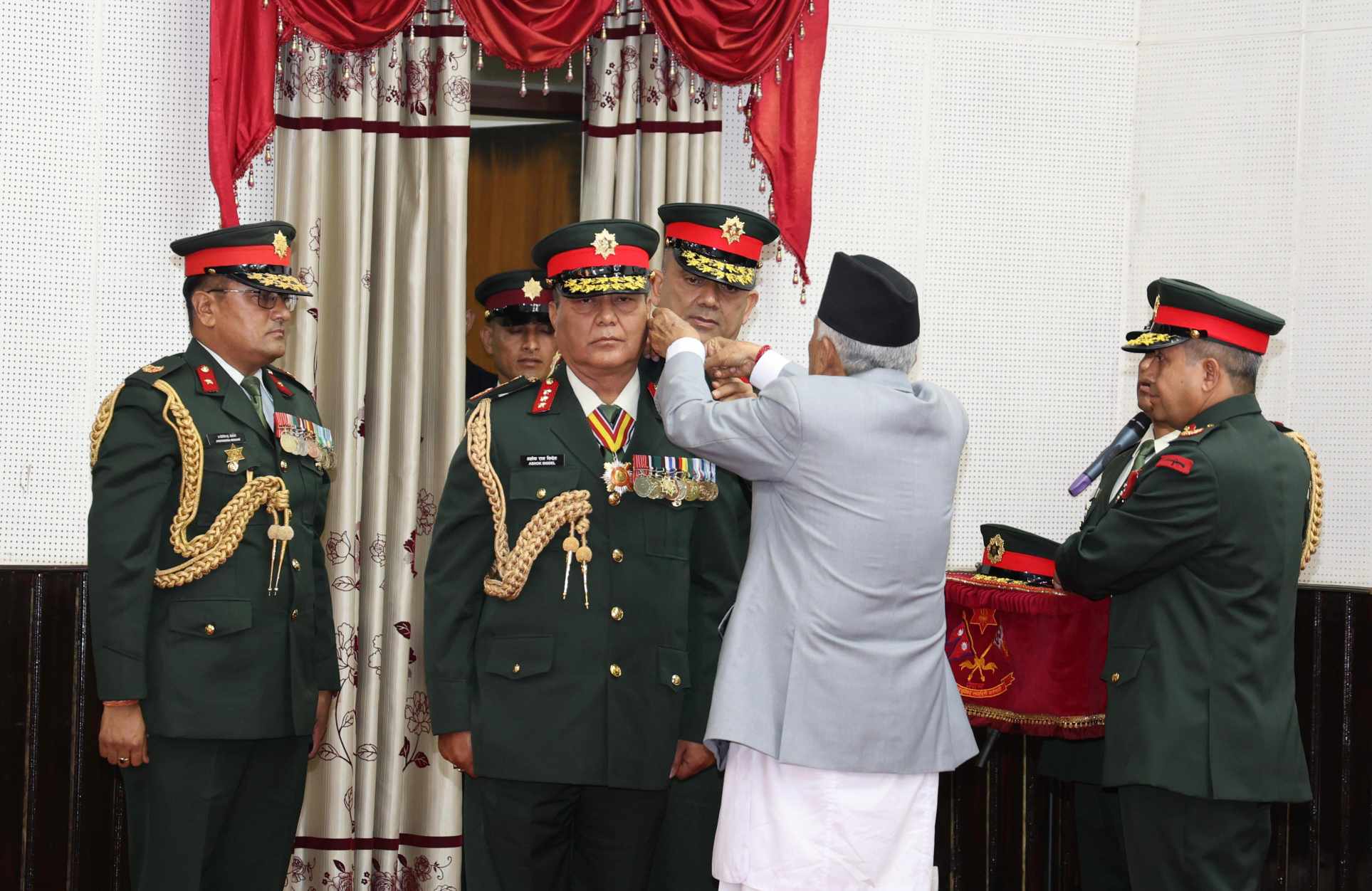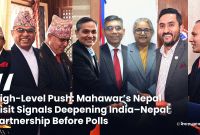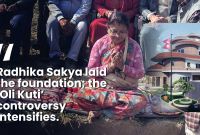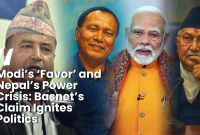Nepal’s Power Gamble: Extra-Constitutional PM or Army-Backed Presidential Rule?

Kathmandu — Amid Nepal’s deepening political crisis, a proposal has surfaced to appoint former Chief Justice Sushila Karki as prime minister. However, legal experts point out that such a move would be unconstitutional, as Karki is not a member of the House of Representatives.
Nepal’s 2015 Constitution clearly lays out the process for appointing a prime minister: the president must appoint the leader of the parliamentary party commanding a majority, or in the absence of such a majority, appoint from among sitting lawmakers through specific parliamentary mechanisms. At no point does the Constitution allow a non-member of parliament to hold the office. For that reason, the idea of elevating Karki is seen by constitutional analysts as an extraordinary—and unlawful—proposal driven by political desperation.
At the same time, some circles have floated the notion of direct presidential intervention through a form of army-backed rule. But Nepal’s Constitution provides no such authority. Even in cases of emergency, the president may only declare one with mandatory parliamentary approval. There is no legal basis for either the president or the military to directly assume executive power.
Analysts warn that both options—appointing a non-parliamentarian as prime minister or experimenting with presidential army rule—are unconstitutional and would pose long-term risks to Nepal’s democracy and constitutional order. While such steps may appear to resolve immediate power struggles, they would ultimately deepen instability and erode democratic foundations.
Experts emphasize that Nepal’s crisis must be addressed strictly within the constitutional framework. Protecting democratic practice and institutional stability, they argue, requires solutions that remain firmly anchored in the country’s constitutional provisions.




![From Kathmandu to the World: How Excel Students Are Winning Big [Admission Open]](https://www.nepalaaja.com/img/70194/medium/excel-college-info-eng-nep-2342.jpg)
